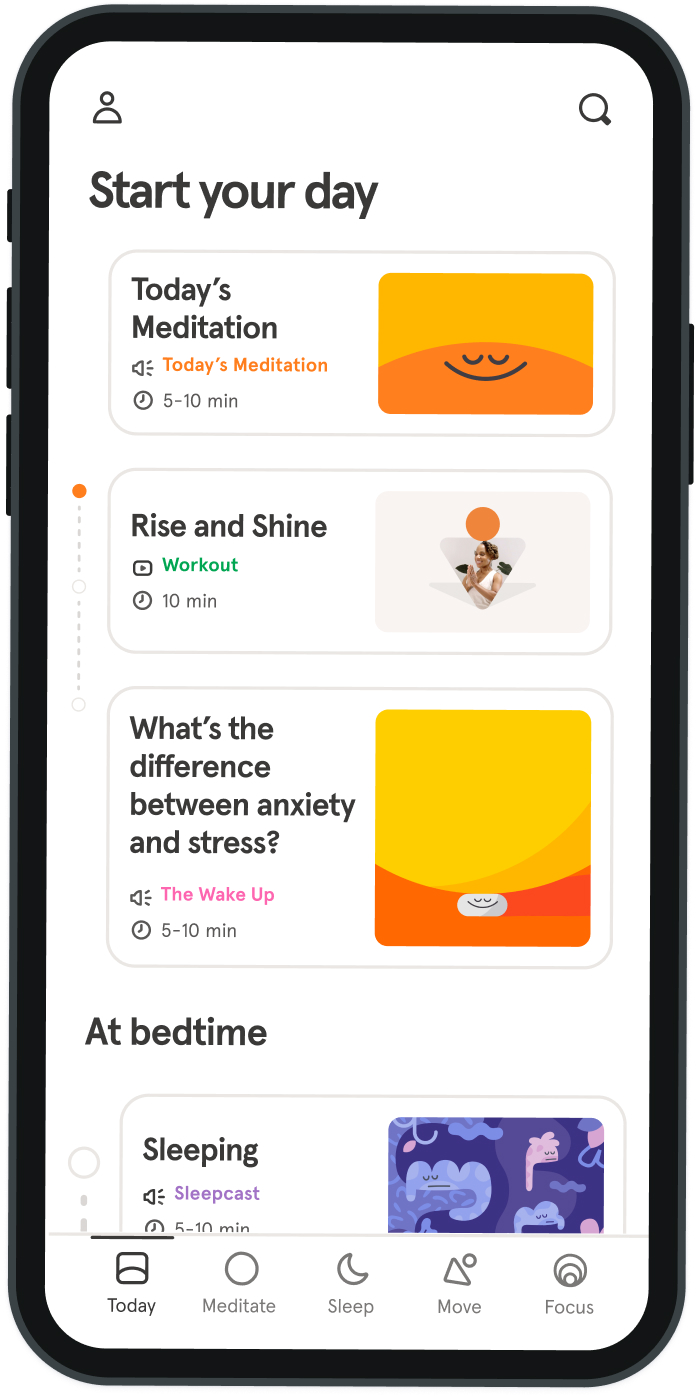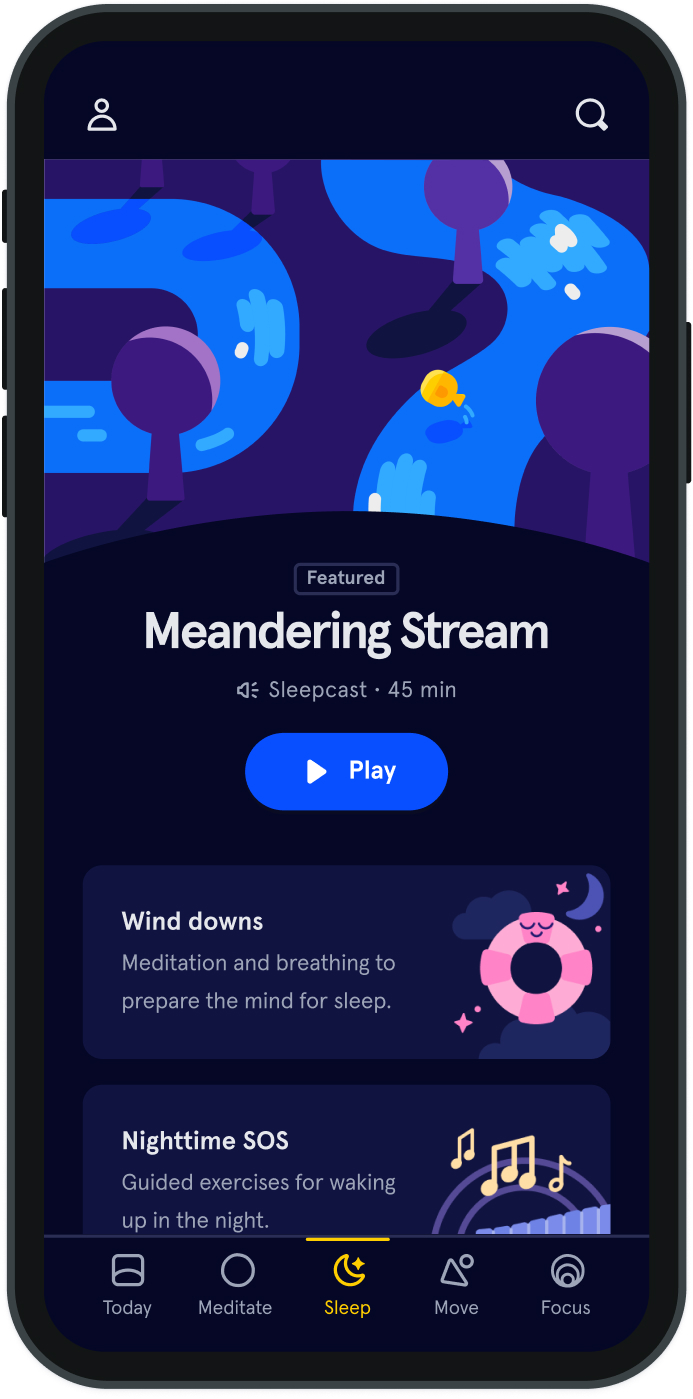Enough broadcasting, more living: the tyranny of the big life announcement
I just had a third interview with one of my dream companies and was waiting to hear back. Thinking I had a good chance at landing the job, I giddily started daydreaming about announcing the news.
“I'm working at ______,” I’d share proudly. I imagined calling my parents, texting my friends who’d been asking for an update, mentioning it at parties, and of course, posting the news on Facebook and reveling in the likes and congratulations. I thought about how good it would feel; I had a string of crummy fortune in my career, and I needed a win. I needed this. Every five minutes, I checked my phone. I cursed in my head at telemarketers and email newsletters. I screamed into pillows. I cleaned out my garage to help pass the time. (It was that intense.) I prayed. I put off meetings with friends, thinking that I couldn't go in this state of limbo. How could I? I didn’t have anything new to share. What would I even add to the conversation? So I waited. I did not get the job. What I did get was a life check. What was that? The position, while interesting and exciting, would have strained my family life with a horrendous commute, and I knew that I could do the same type of work elsewhere. But I was obsessed. I lusted for the recognition that would come with the title. The craving felt intense and gross.
I realized that for a while now, I've been fueled by announcements. And I don’t think I’m alone. Social media has become one giant stage for life updates. Algorithms are suspected to be programmed to showcase new jobs, new spouses, new houses, new degrees, new memoirs, and new babies, so it can feel like you’re stuck in a subway station where everyone is on a fast-moving train except you. “What’s new?” people constantly ask. I scramble to come up with an answer. It feels good to broadcast news about our lives, or as researchers might say, it is “intrinsically rewarding.” In a Harvard study, neuroscientists found that the part of the brain that disperses the feel-good chemical dopamine—the nucleus accumbens and ventral tegmental area—is strongly engaged when people talk about themselves, and less so when they talk about others. It’s the same sensation of pleasure we get from food, money, or sex. But often, my proverbial status update feels blank. Deep down, I know it isn’t—I have vibrant, joyful, sad, and beautiful thoughts and experiences every day, even if they’re meaningful only to me. So then how do we dissolve the anxious search for the next big thing? While I’m still figuring it out, I’ve found some helpful ways to reconsider this cycle.
Get curious about the “why.”
Or as Brené Brown would say, listen to your shame. Why does sharing news feel so good? For me, as I learned in therapy, I’ve always tied achievement to self-worth and belonging. Growing up, my extended family dined together every month or so, and all the aunts and uncles would go around the table and talk about their kids’ most recent accomplishments, passing around newspaper clippings and popping recital videos into the VHS player. They gushed about our piano trophies, art showcases, and athletic awards. To have space in the conversation, we needed to win it. We needed to have news. Remembering and recognizing this has been a starting point for me. I learned that to relieve anxieties, we must first acknowledge where they stem from.
Give yourself a reality check.
While you may think that people are looking at you, wondering what’s going on with you, judging your every move, no one really cares. (The classic Wait But Why piece “Taming The Mammoth: Why You Should Stop Caring What Other People Think” illustrates this point powerfully.) I have to remind myself of this often, that there’s no timeline for success, no race, no role the world needs me to play. As for social media, there’s a tendency for some to feel diminished by other people’s happy announcements, and if that’s you, it can be helpful to remember that just about everyone’s digital life is enhanced by a shiny filter, and as motivational author Denis Waitley says, “success is not a pie with a limited number of pieces.” Media psychologist Dr. Pamela Rutledge, director of the Media Psychology Research Center, suggests that we can improve our relationship with social media by remembering the humans behind the screens. Sure, there may be people on our channels who we don’t connect with on a personal level, but there are also friends and family who love us and want good things for our lives. “The people who care about you want to celebrate positive changes,” Rutledge says. “We are social animals. Connection to others and the positive emotions we receive from them are critical to our emotional and physical health.” Personally, I’ve found it helpful to view my online community as a support group, not a stage.
Shift the conversation.
With life obligations that are part of being in my mid-thirties, catch-up sessions with friends have become less frequent, and when they do happen, they’re often a checklist of "what's new" at work, with our spouses, kids, and mutual friends. Check, check, check. I believe there are better questions. I have a friend who, even if it’s been months since we last spoke, asks, “How’s your day going?” instead of “What’s new?” And it’s not a huge adjustment, but it feels a little different. How’s my day going? “Well, today I drank too much coffee, bribed my daughter with a granola bar to get her into her car seat, and wrote until my laptop battery ran out. It’s been a good day. What about you?” These conversations often reveal nothing extraordinary, yet they feel real and connected. It has also been refreshing to shift my discussions with friends to topics outside of ourselves—religion, politics, books, podcasts, facial masks, “The Bachelorette”. Instead of focusing on the big and loud, I try to appreciate the details of the small moments. I record the sweet, raspy laugh of my 4-year-old daughter, and write down the funny things she says. I pick up rocks on the beach and notice how smooth they feel in my hand. I blast the “Rent” soundtrack and sing while I’m wiping the floors. So what’s new? Nothing much, but there sure is a lot of loveliness in what’s now.



Be kind to your mind
- Access the full library of 500+ meditations on everything from stress, to resilience, to compassion
- Put your mind to bed with sleep sounds, music, and wind-down exercises
- Make mindfulness a part of your daily routine with tension-releasing workouts, relaxing yoga, Focus music playlists, and more
Meditation and mindfulness for any mind, any mood, any goal

Stay in the loop
Be the first to get updates on our latest content, special offers, and new features.
By signing up, you’re agreeing to receive marketing emails from Headspace. You can unsubscribe at any time. For more details, check out our Privacy Policy.
- © 2025 Headspace Inc.
- Terms & conditions
- Privacy policy
- Consumer Health Data
- Your privacy choices
- CA Privacy Notice
